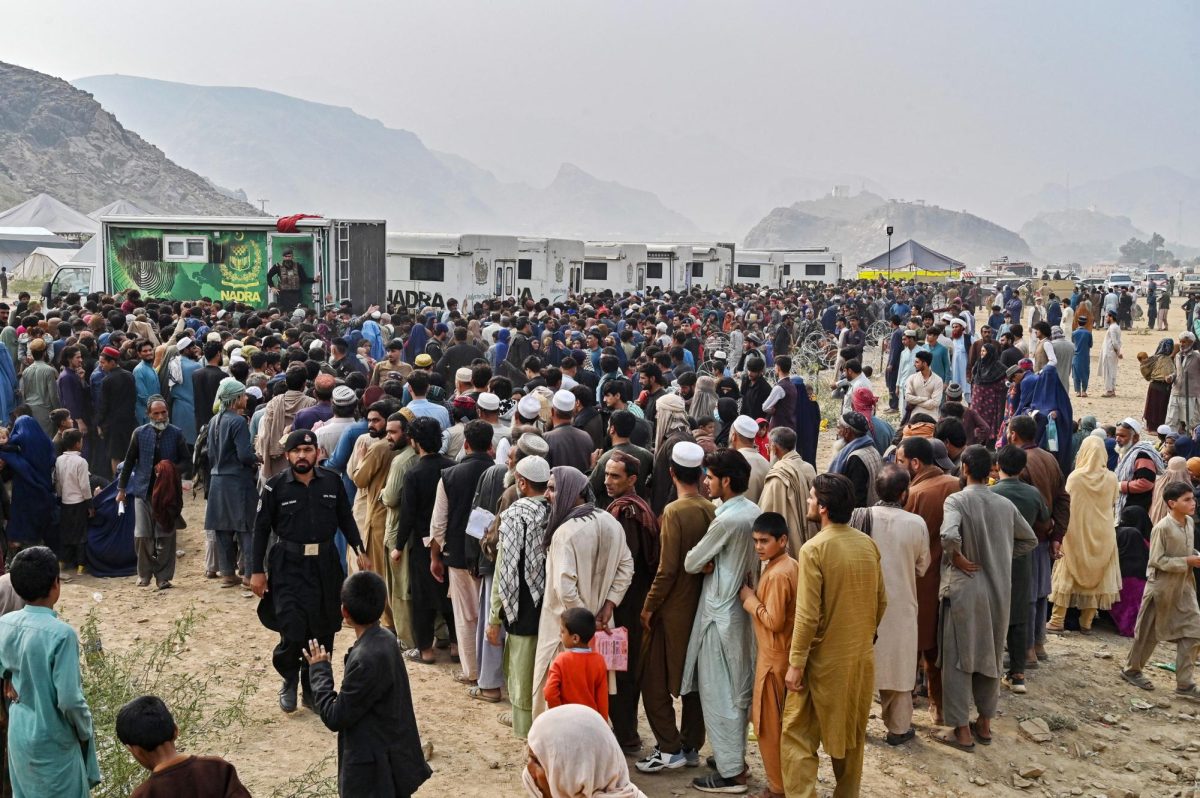1.7 million Afghan refugees face forced returns from Pakistan to Afghanistan after Pakistan declared a planned mass deportation of all illegal immigrants.
After Pakistan’s abrupt announcement to deport all illegal Afghans in the beginning of October, the Interior Ministry on Tuesday announced a 28-day deadline allowing them to leave voluntarily. Undocumented Afghan immigrants in Pakistan are expected to leave the country voluntarily by November 1st, or risk being forcibly removed.
Pakistan has started setting up deportation centers for the illegal immigrants in order to further enforce the deportation of foreigners without registration. Any person found staying in the country without authorization after next Wednesday will be arrested and sent to a deportation center.
This decision is primarily linked to the growing tensions between Pakistan and Taliban control, as well as the economic concerns related to supporting the millions of Afghans who seek refuge in Pakistan. Growing terrorist threats and negative impact on the country by the foreigners have driven the Pakistani government to create this plan.
“There are attacks on us from Afghanistan, and Afghan nationals are involved in those attacks. We have the evidence present for that,” Interior Minister Sarfraz Bugti said.
Pakistan houses one of the world’s largest refugee populations, the majority being Afghan immigrants. By the end of 2022, Pakistan hosted 1.3 million registered Afghan refugees and 47,000 Afghans in “refugee-like situations.” The shared border and years of conflict in Afghanistan has led to the influx of Afghans seeking protection in Pakistan. After the Taliban retake of Afghanistan in 2021, a wave of Afghans crossed the Pakistan border to escape persecution by the Taliban.
Human rights experts such as the UN Human Rights Council have urged the Pakistan government to stop the mass deportation of Afghans. Many families, women, and children are at risk of danger and human rights violations in their home country. Humanitarian organizations urge that protection should be prioritized for those who could be persecuted by the Taliban on ethnic, gender, and religious grounds. Low rates of access to basic healthcare, high rates of child malnourishment, and rising gender persecution make Afghanistan a harmful place for the Afghan immigrants to return to. Afghanistan is in a state where the basic needs are limited, and a sudden wave of Afghans returning could overwhelm the situation further. Urgent humanitarian assistance is required to raise the standard of living again before the Afghans living in Pakistan are able to return.

